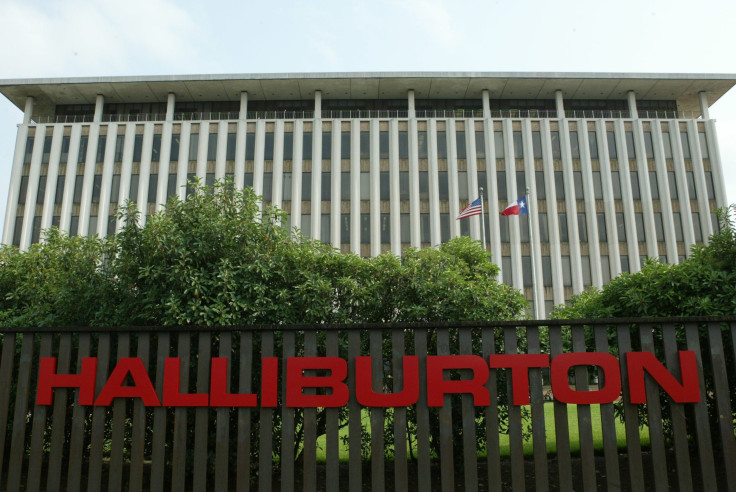Halliburton (HAL) And Baker Hughes (BHI) Vow To 'Vigorously Contest' US Lawsuit To Block Merger

Halliburton Co. and Baker Hughes Inc. vowed Wednesday to “vigorously contest” an attempt by the U.S. Department of Justice to block the pending merger of the world’s No. 2 and No. 3 oilfield services companies.
The Justice Department filed an antitrust lawsuit Wednesday over concerns that joining the companies would lead to higher prices in the energy industry and stall innovation across oil and gas fields worldwide. Halliburton and Baker Hughes rejected the U.S. government’s assessment and said the merger was “pro-competitive.”
The combined companies would control nearly 16 percent of the world’s oilfield services market, according to IBISWorld. Both companies provide a wide array of services such as oil well completions, cementing and drilling.
“The companies intend to demonstrate that the DOJ has underestimated the highly competitive nature of the oilfield services industry,” Halliburton and Baker Hughes said Wednesday in a press release.
The companies, both based in Houston, had a combined 2015 revenue of $39.3 billion — about a third less than their combined 2014 revenue of $57.5 billion. Oil prices have plunged by more than 55 percent since they announced plans to merge in November 2014, eroding earnings and prompting the two companies to lay off tens of thousands of workers apiece over the last year.
The companies said the merger would help drive down costs for their drilling customers, which are similarly suffering from lower oil prices. “Once completed, the transaction will allow customers to operate more cost-effectively, which is especially important now due to the state of the energy industry and oil and gas prices,” Halliburton and Baker Hughes said in the statement.
Share prices for Baker Hughes (NYSE:BHI) rose 6.7 percent to $42 a share by 2 p.m. EDT. Shares in Halliburton (NYSE:HAL) rose 5.7 percent to $36.37 a share.
But energy analysts said it was possible the oilfield companies won’t pursue the merger after all. Their agreement appears to obligate Halliburton to challenge any attempt by U.S. authorities to block the deal, Scott Gruber, director of oilfield services and equipment research at Citi, said in a Wednesday research note.
He added that the Halliburton press release did not mention a possible extension of an April 30 deadline to obtain regulatory approvals. After that date, either Halliburton or Baker Hughes could to walk away from the deal, although Halliburton would still be required to pay Baker Hughes a $3.5 billion breakup fee, according to regulatory filings.
“Given what could be a 6-12 month extension to this process with an uncertain outcome, either company may choose to simply walk away,” Gruber said. “The stock reaction today appears to imply that the market believes that there’s a high probability that one of the companies will walk and resolution is around the corner.”
© Copyright IBTimes 2025. All rights reserved.




















